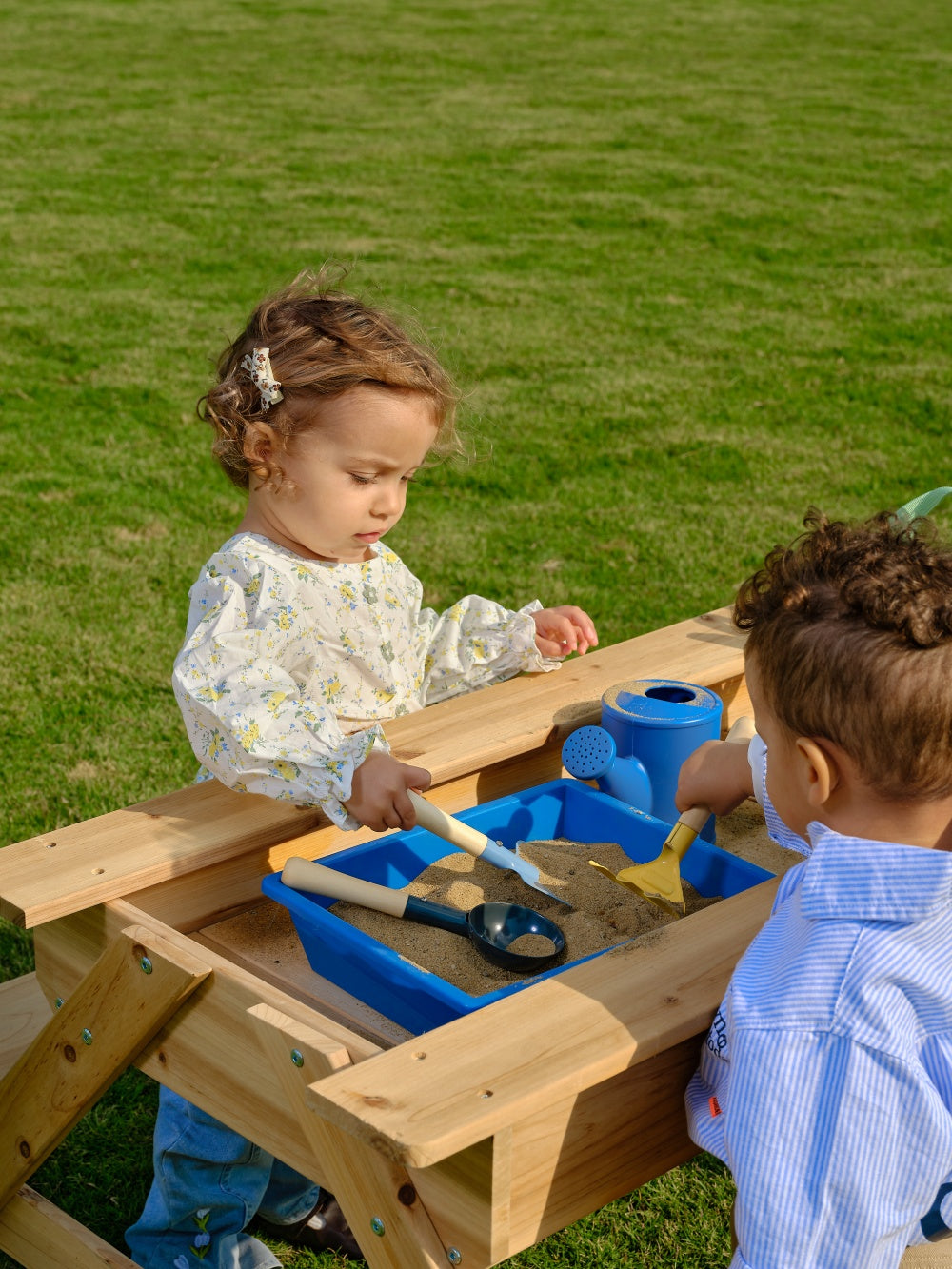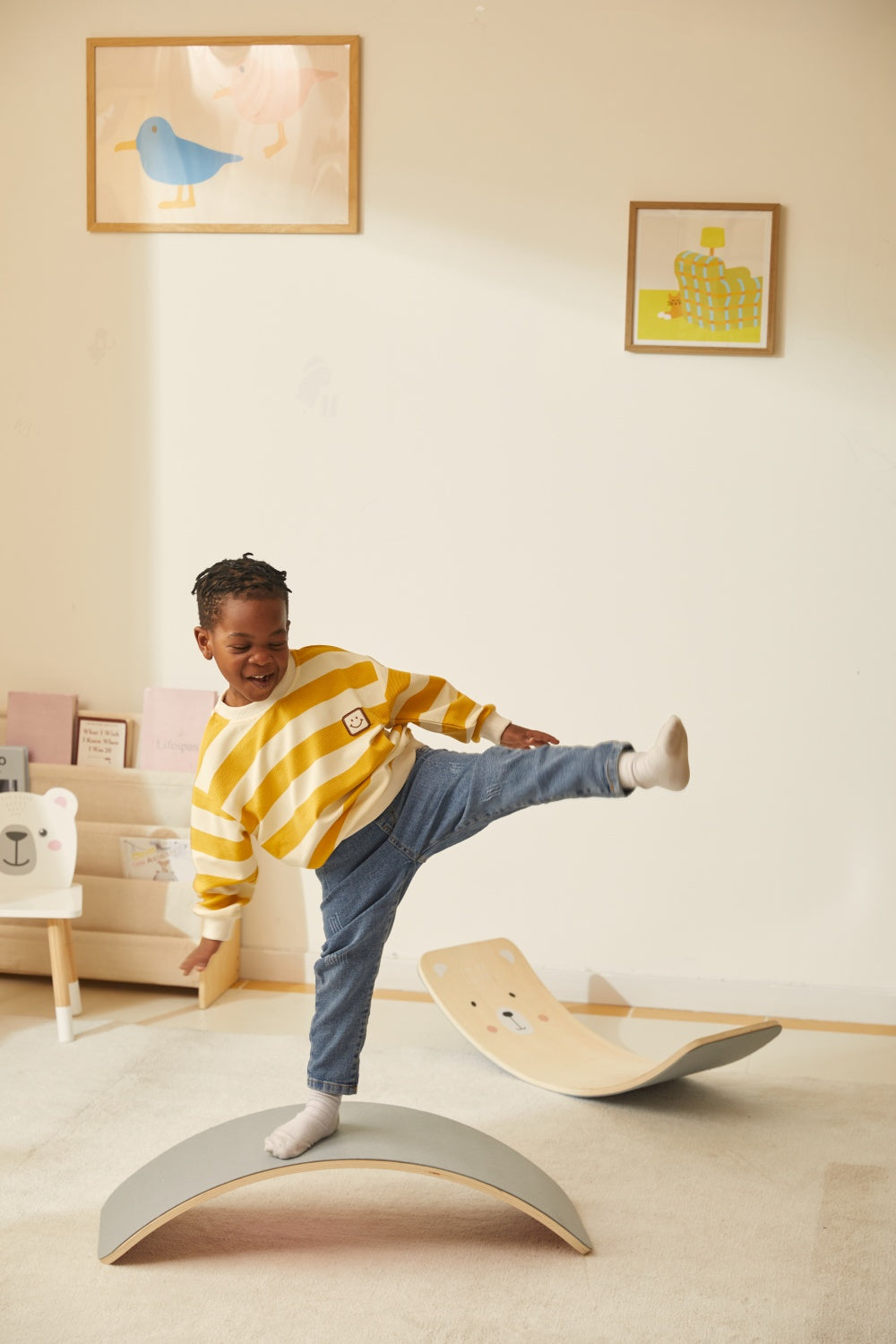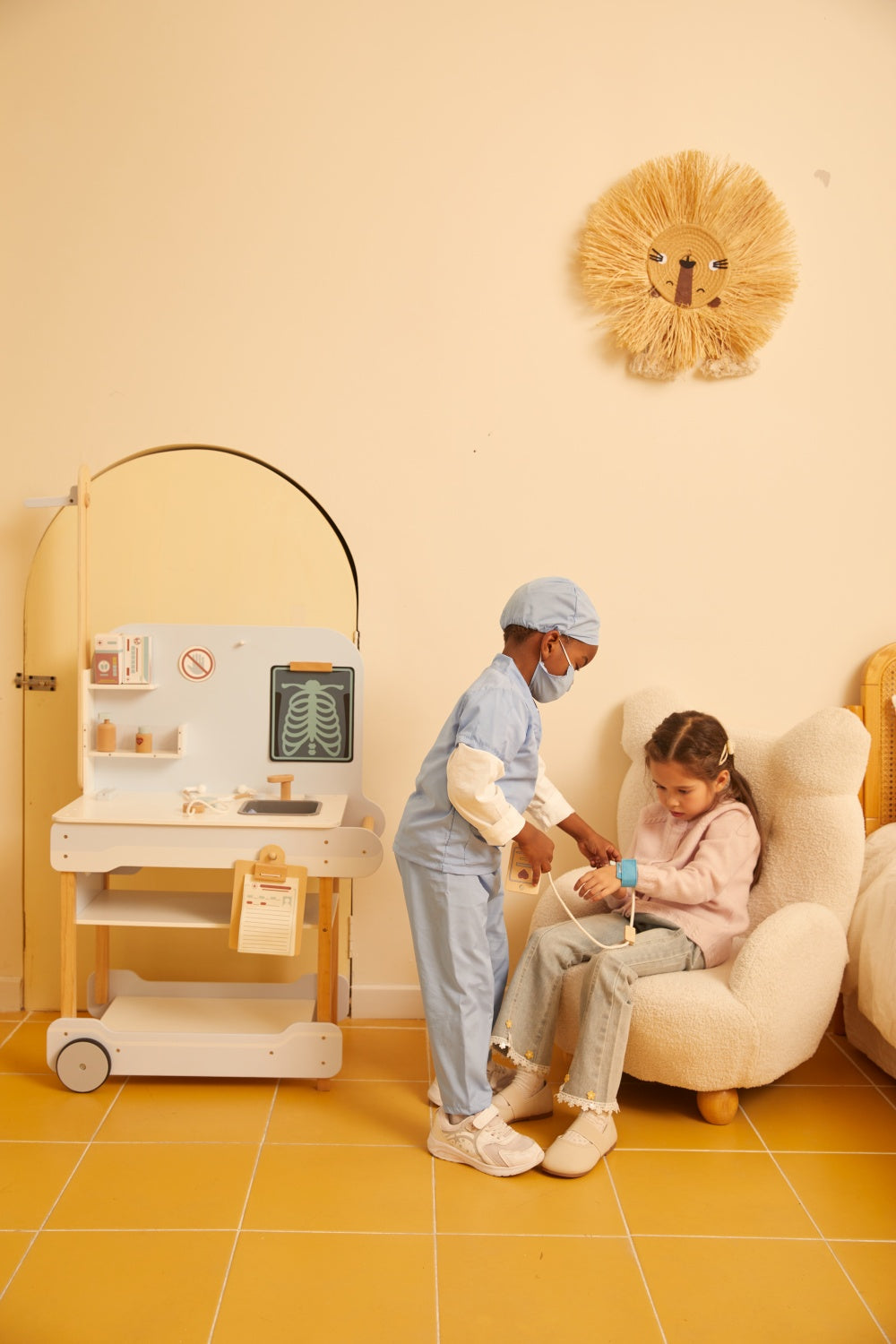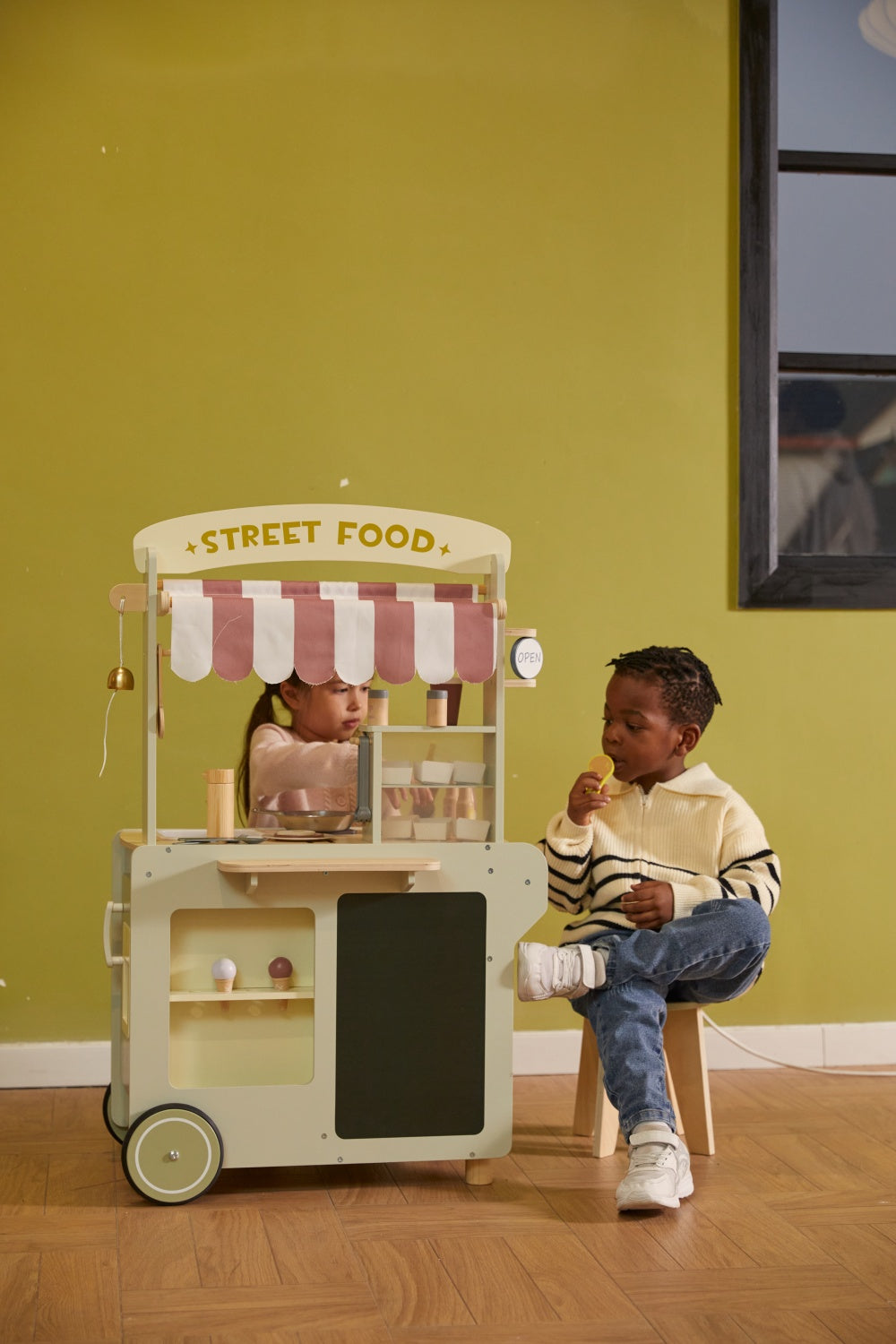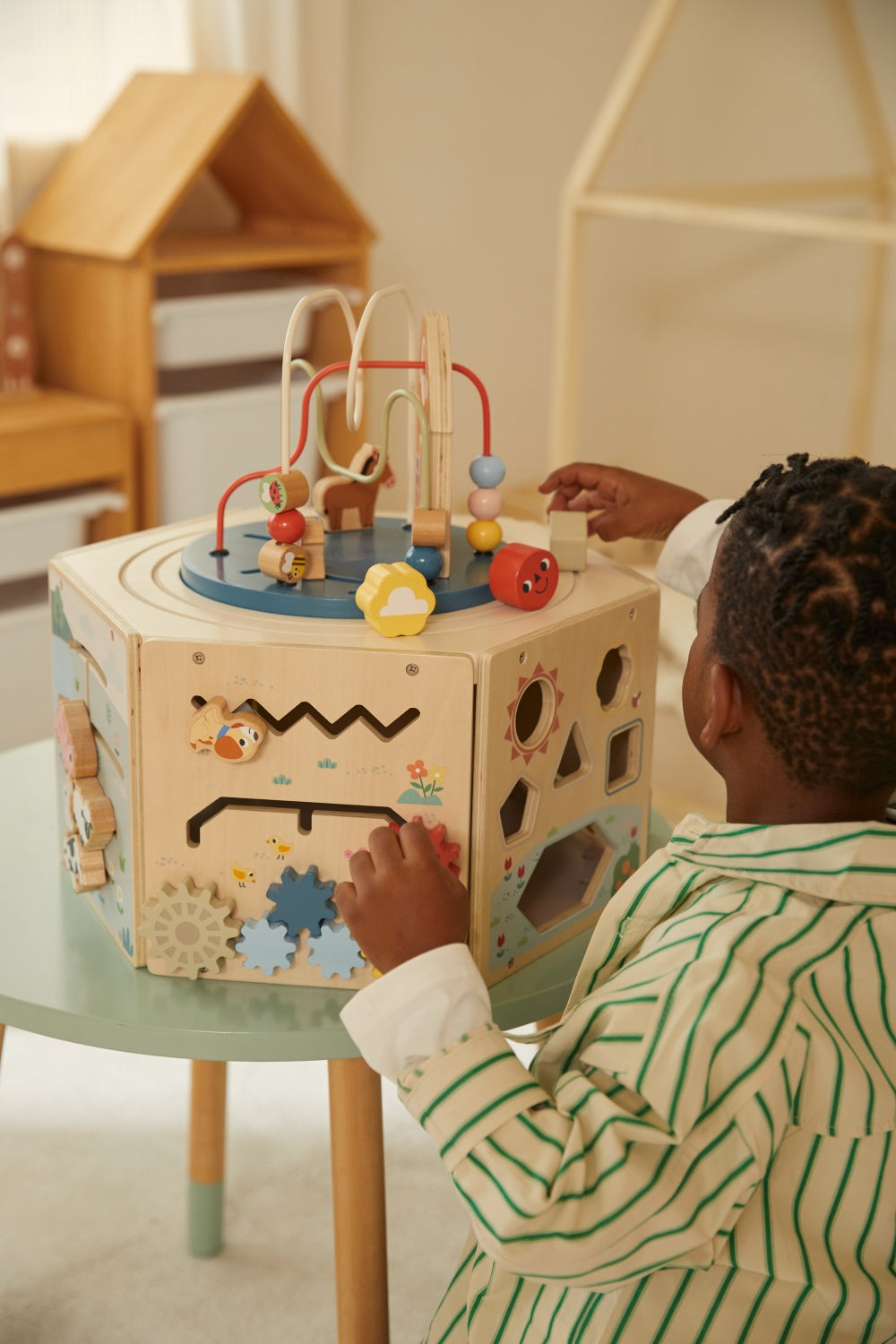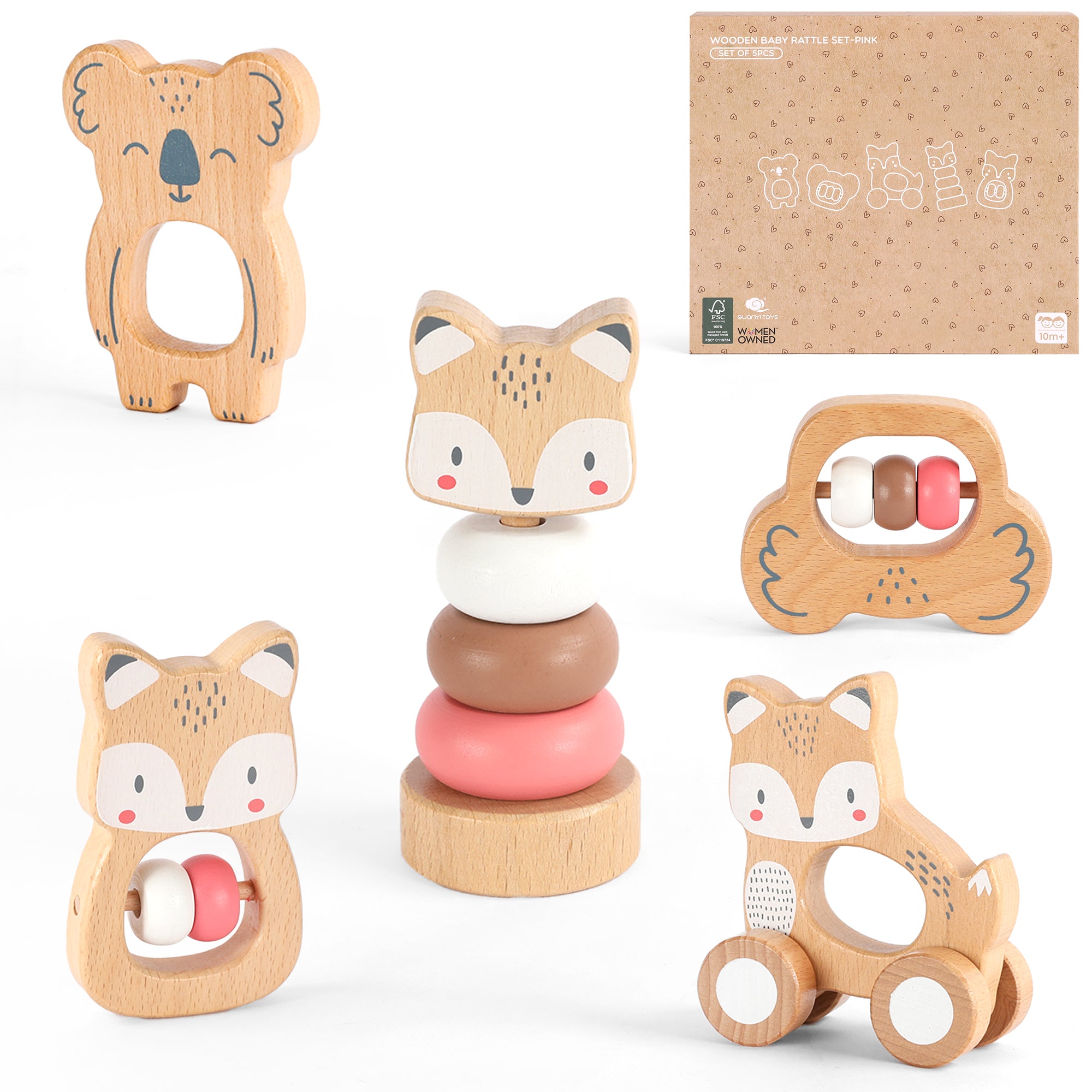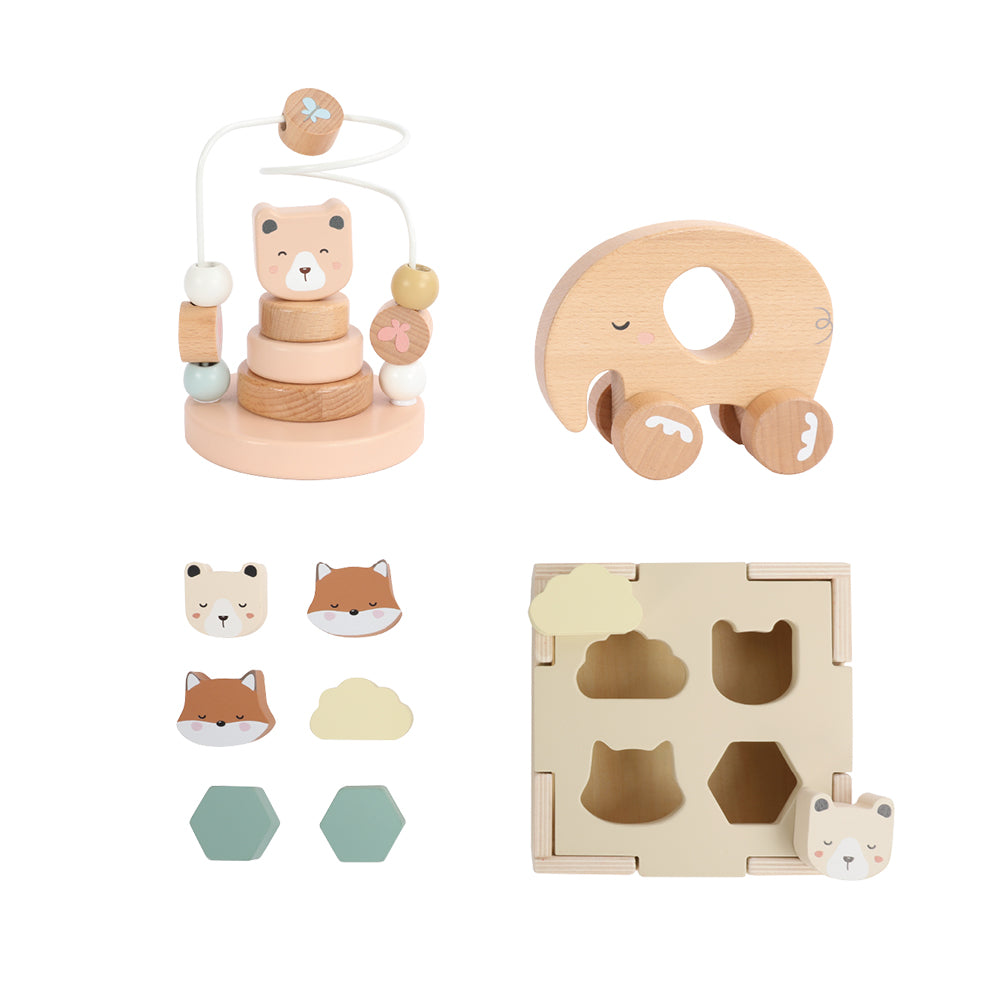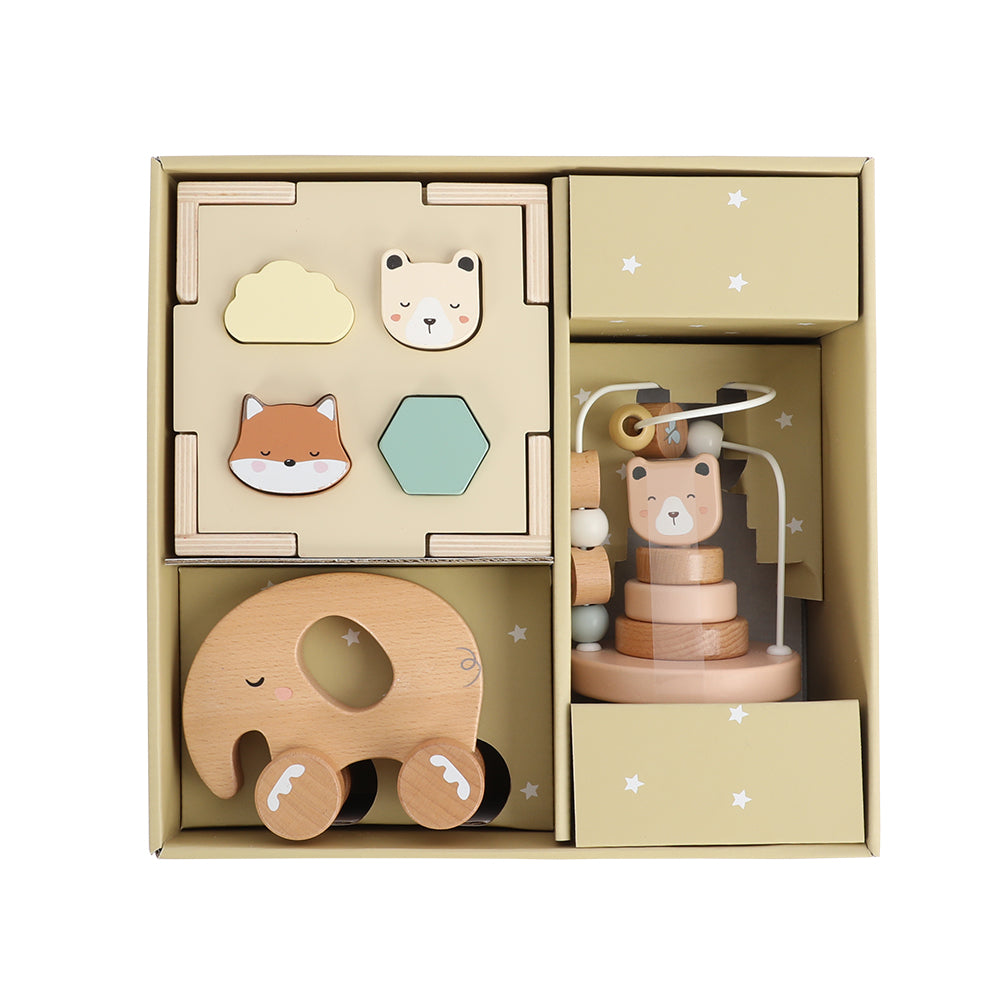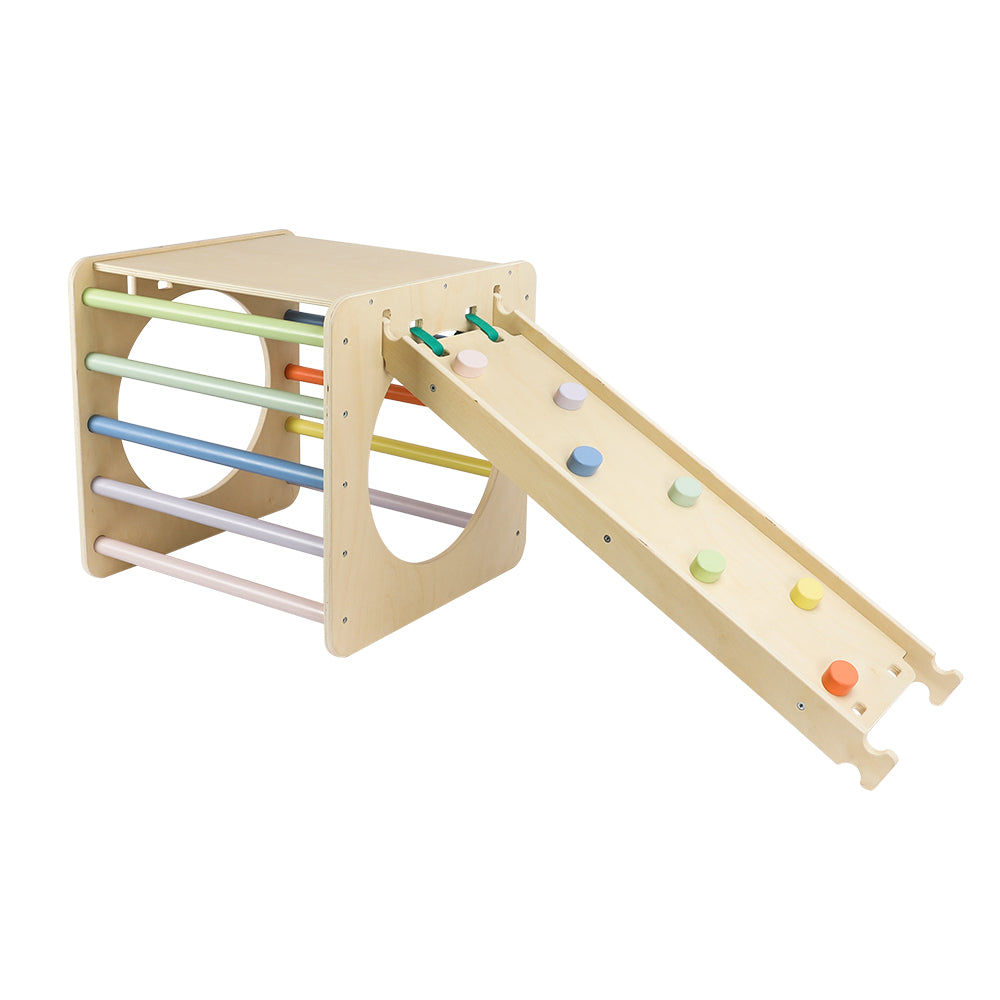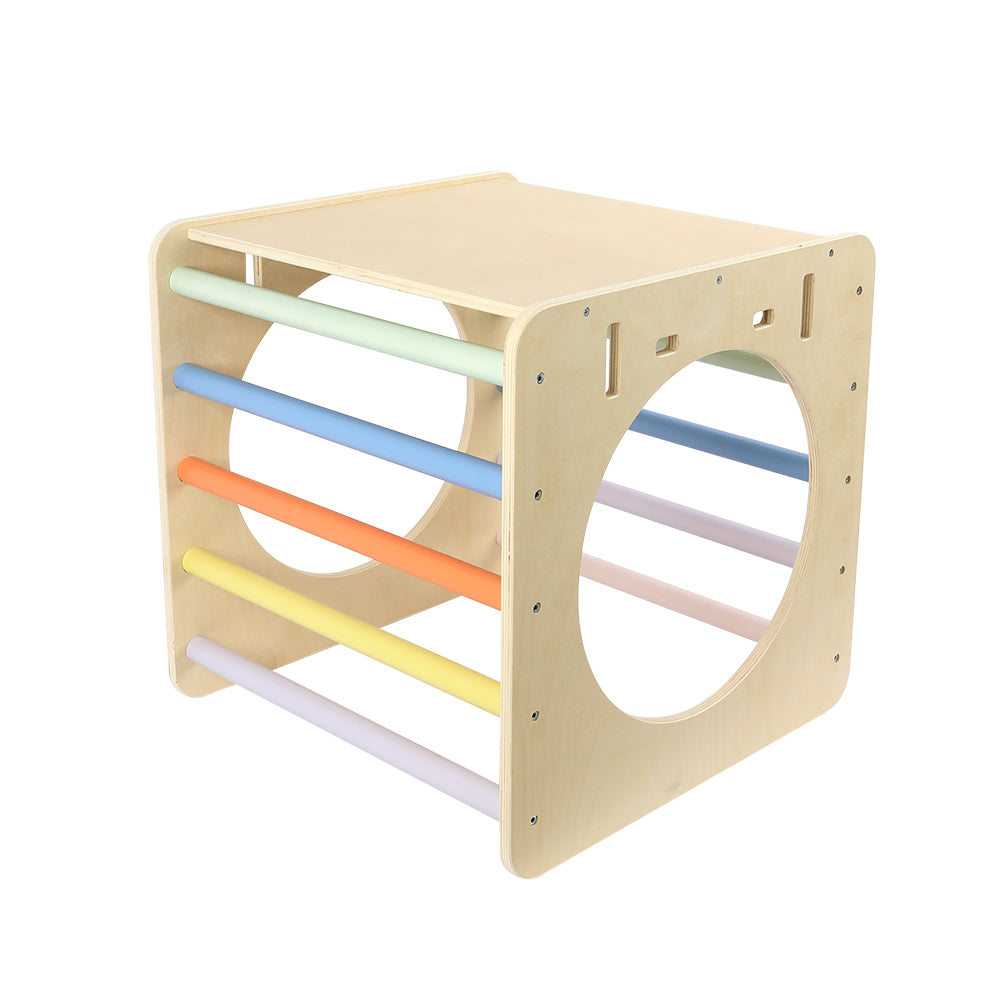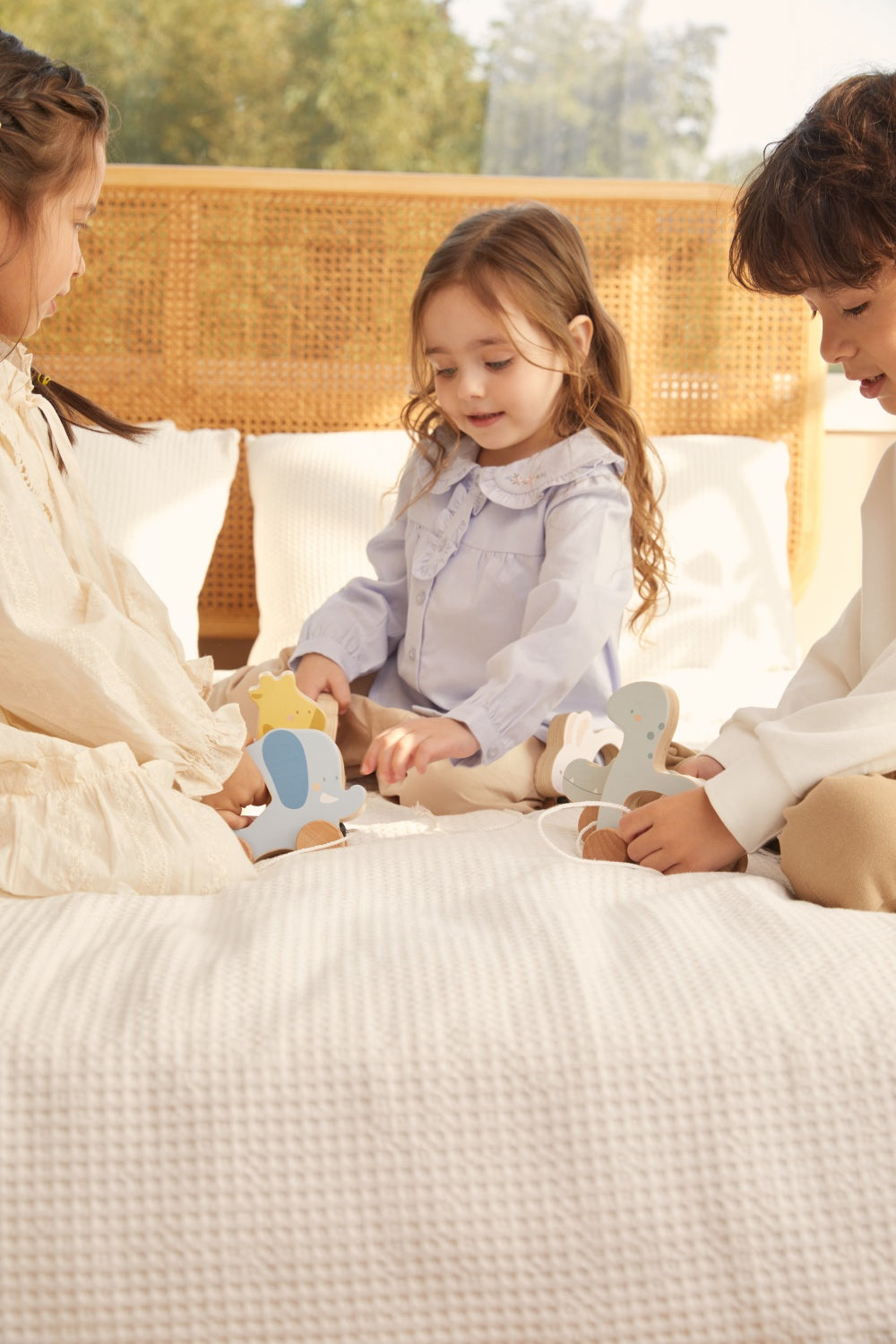
Montessori Education: The Secret Key to Children's Autonomous Growth
I. The Origin and Core Concepts of Montessori Education The Montessori education method was founded by the renowned Italian educator Maria Montessori. From the end of the 19th century to the beginning of the 20th century, Montessori carried out educational experiments with children in the slums of Rome. By observing the behavior and development patterns of children and integrating knowledge from multiple disciplines such as medicine and psychology, she gradually formed a unique educational system. The core concept of Montessori education centers around the "child-centered theory." Montessori firmly believed that children possess an innate "inner vitality" and the potential for self-development. The essence of education is not simply to knowledge to children but to provide them with a suitable environment to help them release this inner power and achieve natural and autonomous growth. From the perspective of Montessori education, children are not passive recipients of knowledge but active explorers who learn and construct their understanding of the world through interaction with the environment. ## II. The Four Core Elements of Montessori Education ### (I) Prepared Environment In Montessori education, the "prepared environment" is an important carrier for children's growth. This environment includes both the physical and spiritual aspects. In terms of the physical environment, the classroom is carefully divided into different functional areas such as the daily life area, sensorial area, mathematics area, language area, and science and culture area. Each area is equipped with specially designed teaching aids. These teaching aids have the characteristic of "error control." For example, in the cylinder blocks, if children cannot accurately place the cylinders into the corresponding sockets during operation, they will clearly perceive the error and adjust it independently without excessive adult intervention. In terms of the spiritual environment, teachers create an atmosphere of quietness, order, respect, and acceptance, allowing children to feel a sense of security and enabling them to explore and try freely. ### (II) Professional Teachers Montessori teachers are known as "guides," "observers," and "maintainers of the environment," which is very different from the traditional teacher role. Teachers need to undergo professional Montessori training and master knowledge of child development psychology so that they can keenly observe the behavior and needs of children. When children encounter difficulties during the operation of teaching aids or exploration, teachers will not directly tell them the answers but provide timely guidance and demonstration to help children find solutions on their own. At the same time, teachers are also responsible for maintaining the order of the classroom environment and the integrity of the teaching aids to ensure that the environment is always suitable for children's learning and development. ### (III) Unique Teaching Aids Montessori teaching aids are a major feature of the Montessori education method. Most of these teaching aids were designed by Montessori herself and are systematic, scientific, and interesting. Take the Pink Tower as an example. It consists of 10 cubes with side lengths ranging from 1 cm to 10 cm. Through operations such as stacking and arranging the Pink Tower, children can intuitively perceive concepts such as size and volume, laying the foundation for learning solid geometry knowledge in mathematics later. The teaching aids range from simple to complex, from concrete to abstract, and can gradually guide the development of children's thinking to meet the learning needs of children at different stages. ### (IV) Freedom and Discipline Montessori education emphasizes the freedom of children, but this freedom is not unrestricted indulgence but is based on rules and discipline. In a Montessori classroom, children can freely choose the "work" (the term for learning activities in Montessori education) that interests them and operate at their own pace. However, the prerequisite for freedom is not to affect others and to abide by the basic rules of the classroom, such as handling teaching aids gently and returning them to their original positions. In this way, children learn self-discipline during free exploration and cultivate a sense of responsibility and order. ## III. The Impact of Montessori Education on Children's Development ### (I) Cultivating Independence In the Montessori environment, children start with exercises in the daily life area, learning basic life skills such as dressing, washing hands, and organizing items. These seemingly simple activities enable children to gradually get rid of their dependence on adults, learn to take care of themselves and the surrounding environment, and thus cultivate a high degree of independence and self-care ability. As they grow older, during their learning in other areas, children can also think independently and explore on their own, forming the ability to solve problems independently. ### (II) Promoting Sensory and Cognitive Development The teaching aids in the sensorial area help children perceive the world through multiple senses such as vision, hearing, touch, smell, and taste, enriching their sensory experiences. For example, the auditory tubes allow children to distinguish different sounds, and the tactile tablets help children feel the difference between rough and smooth. These activities not only stimulate the acuity of the senses but also provide a basis for children to further understand abstract concepts. In areas such as the mathematics area and the language area, children transform specific experiences into mathematical and language knowledge through the operation of teaching aids, achieving a leap in cognitive ability. ### (III) Shaping a Sound Personality Montessori education attaches great importance to the cultivation of children's personalities. Through a free and orderly environment and rich activities, children can learn to respect others and cooperate and communicate with their peers. During the process of using teaching aids together and participating in group activities, children gradually understand the importance of sharing and collaboration and form good social interaction abilities. At the same time, the sense of accomplishment brought by independent exploration and successfully completing work helps children establish self-confidence and a positive self-awareness, promoting the development of a sound personality. ## IV. The Modern Application and Challenges of Montessori Education Today, the Montessori education method is widely applied around the world. Many kindergartens, early childhood education institutions, and even primary and secondary schools have introduced the concepts and methods of Montessori education. In modern education, some concepts of Montessori education, such as respecting individual differences of children and emphasizing autonomous learning, coincide with the development trends of quality education and personalized education. However, the Montessori education method also faces some challenges in the process of practice. On the one hand, the cultivation of professional Montessori teachers is costly and time-consuming, resulting in a shortage of teachers. On the other hand, the production and maintenance of Montessori teaching aids require a large investment of funds and energy, and some educational institutions find it difficult to fully meet the requirements of a standard Montessori educational environment. In addition, in the context of examination-oriented education, how to better integrate the concepts of Montessori education with the traditional education system is also an issue that needs continuous exploration and solution. The Montessori education method, with its unique concepts and methods, provides a scientific and effective educational model for children's growth. It respects the nature of children, stimulates their potential, and plays an important role in cultivating children's comprehensive qualities. Despite the challenges, the value of the Montessori education method is still worthy of in-depth research and reference, and we should continuously explore the path of innovation and development of Montessori education in modern education.

